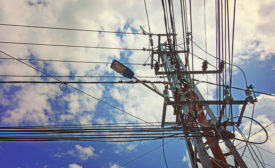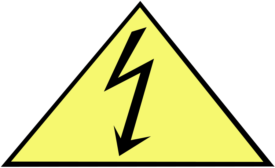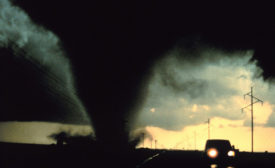Home » extreme weather
Articles Tagged with ''extreme weather''
From the NIOSH Director’s Desk
A Look at the NIOSH Emergency Preparedness and Response Office for National Preparedness Month
September 7, 2017
Become a Leader in Safety Culture
Build your knowledge with ISHN, covering key safety, health and industrial hygiene news, products, and trends.
JOIN TODAYCopyright ©2025. All Rights Reserved BNP Media.
Design, CMS, Hosting & Web Development :: ePublishing




